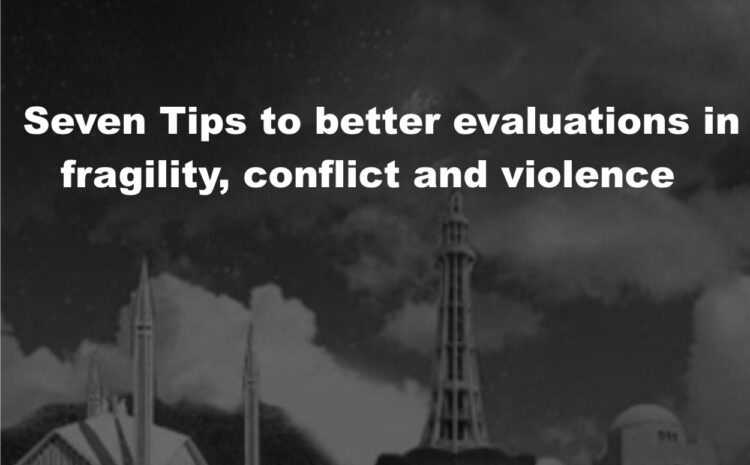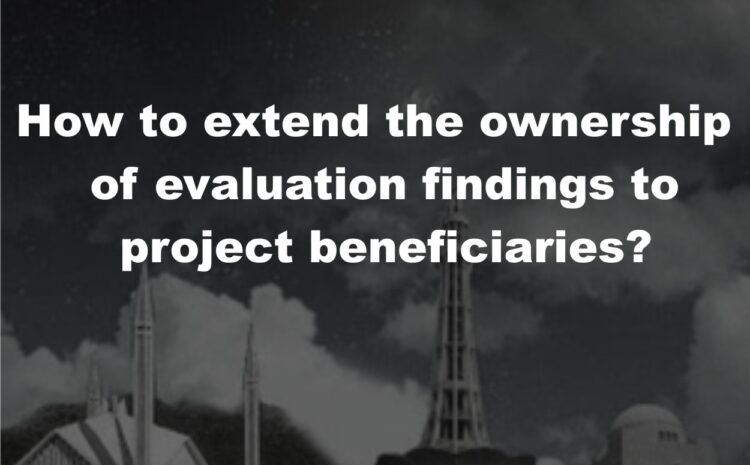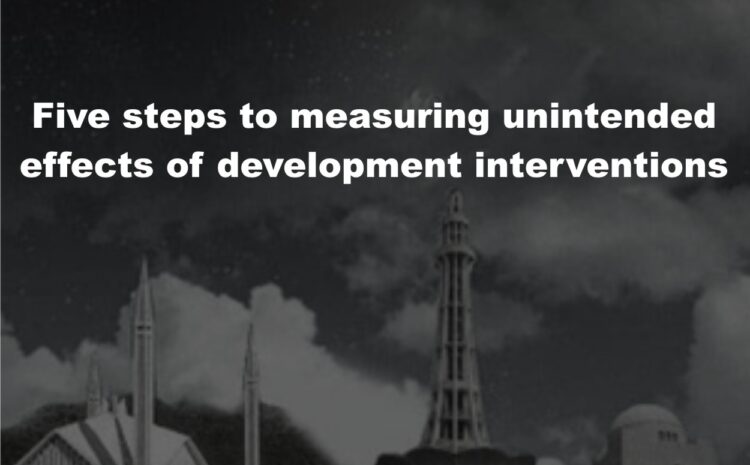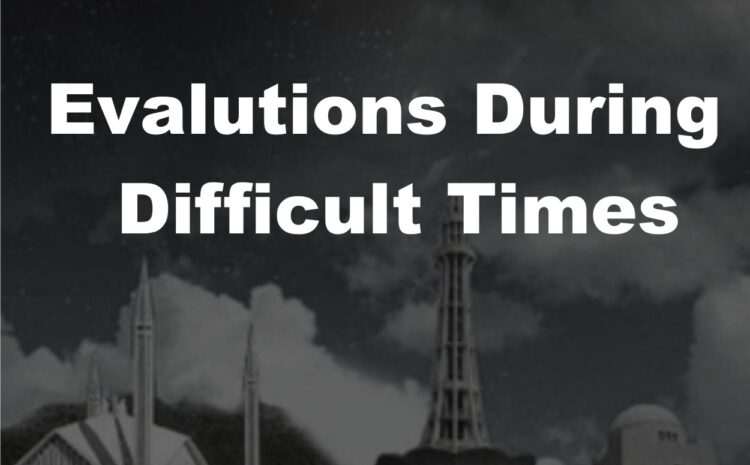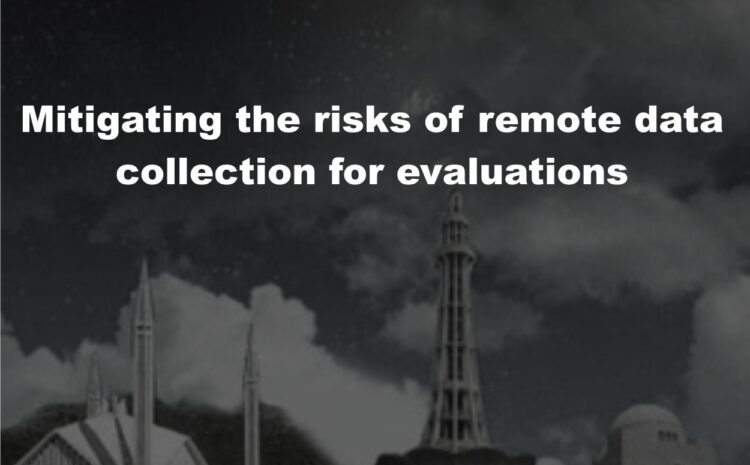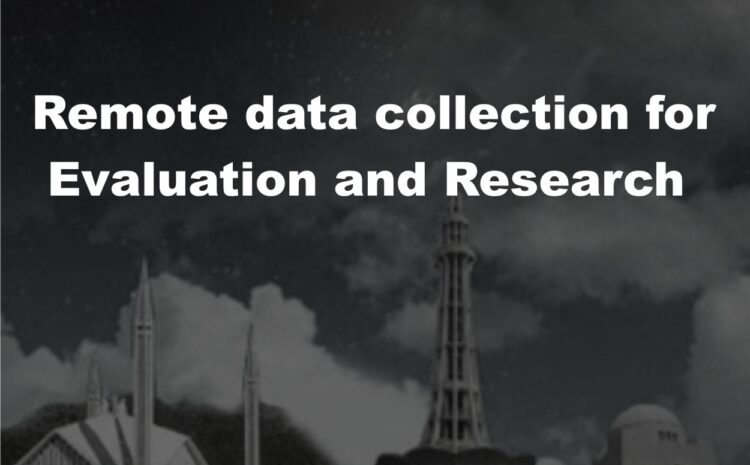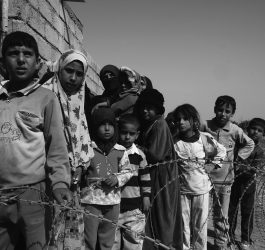Seven Tips to better evaluations in fragility, conflict and violence
Seven Tips to better evaluations in fragility, conflict and violence Author: Hur Hassnain The World Bank estimates that by 2030, the share of global poor living in contexts of Fragility, Conflict and Violence (FCV) is projected to reach 46%. According to the OECD, ‘fragile states’ are most at risk of not achieving the sustainable development goals. Hot Tips […]
